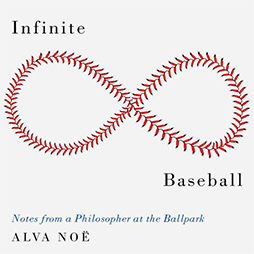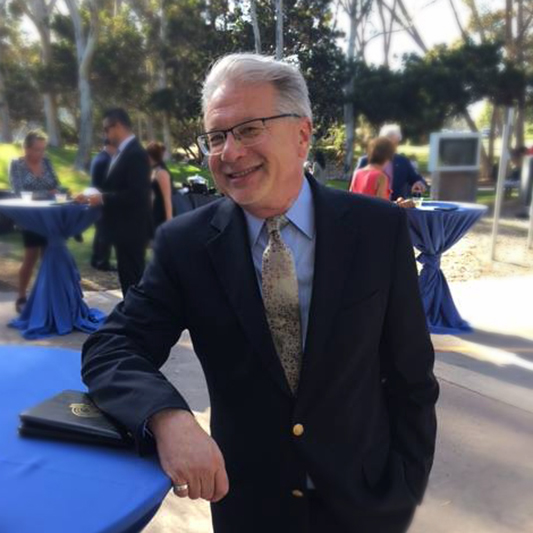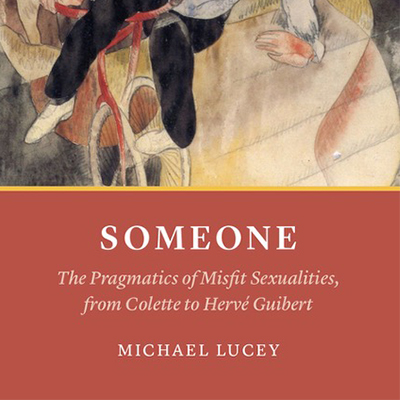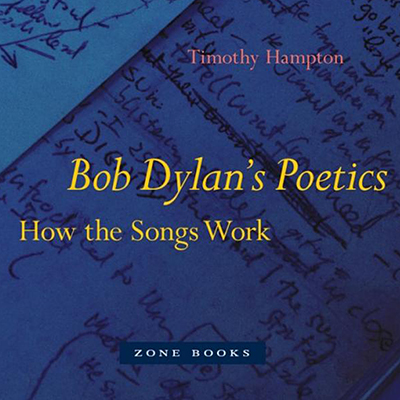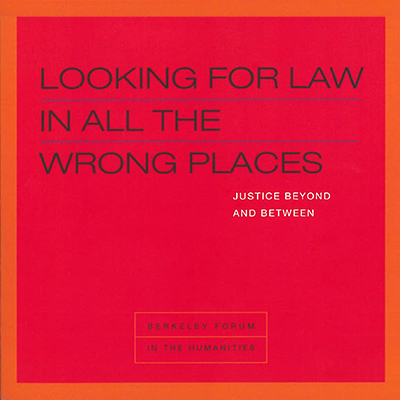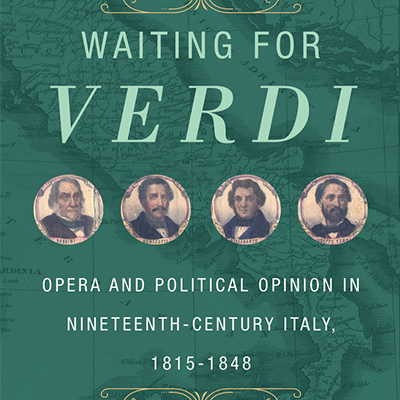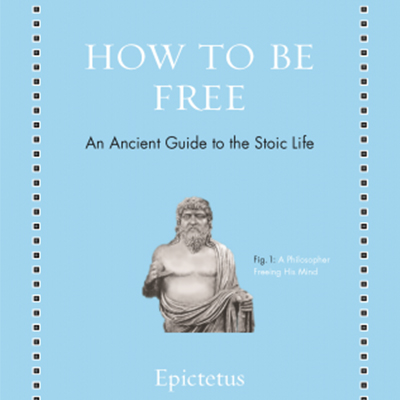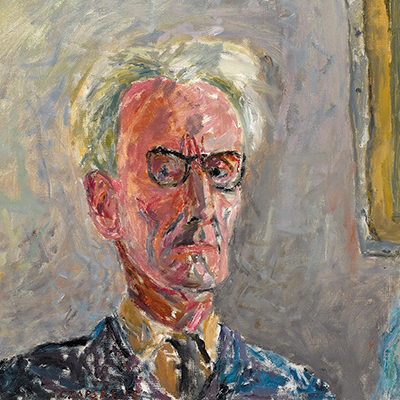UCHRI Workshop for Faculty
Shana Melnysyn, research grants manager at the University of California Humanities Research Institute (UCHRI), hosts a workshop for faculty members who want to learn more about UCHRI's grant opportunities and tips for successful proposals.
UCHRI Workshop for Graduate Students
Shana Melnysyn, research grants manager at the University of California Humanities Research Institute (UCHRI), hosts a workshop for graduate students interested in learning about UCHRI's grant opportunities and tips for successful proposals.
Alva Noë explores the many unexpected ways in which baseball is truly a philosophical kind of game — a window on language, culture, and the nature of human action, intertwined with deep and fundamental human truths.
Seth Lerer
Seth Lerer, Distinguished Professor of Literature at UC San Diego, examines how cross-hatching — the controlled marking of parallel lines — became the great technique through which visual artists of the early modern era discovered the representation of physical and emotional reality.
Someone: The Pragmatics of Misfit Sexualities, from Colette to Hervé Guibert
Imagine trying to tell someone something about yourself and your desires for which there are no words. Michael Lucey examines characters from 20th-century French literary texts whose sexual forms prove difficult to conceptualize or represent.
Timothy Hampton’s close examination of Bob Dylan's songs locates the artist’s transgressive style within a long history of modern (and modernist) art.
Looking for Law in All the Wrong Places: Justice Beyond and Between
For many, the right place to look for law is in constitutions, statutes, and judicial opinions. This book looks for law in the “wrong places” — in the realms of language, text, image, culture, and other sites in which no formal law appears.
Waiting for Verdi: Opera and Political Opinion in Nineteenth-Century Italy, 1815-1848
Mary Ann Smart explores how nineteenth-century Italian opera sparked political change by turning the newly engaged spectator in the opera house into an actor on the political stage.
How to Be Free: An Ancient Guide to the Stoic Life
Born a slave, the ancient Roman Stoic philosopher Epictetus taught that mental freedom is supreme, since it can liberate one anywhere, even in a prison. Anthony Long presents a new edition of Epictetus’s famed handbook on Stoicism.
Józef Czapski: A Good Man in Bad Times
Author Eric Karpeles speaks with Rober Hass about Polish writer, painter, and soldier Józef Czapski (1896-1993), whose biography Karpeles has written.


